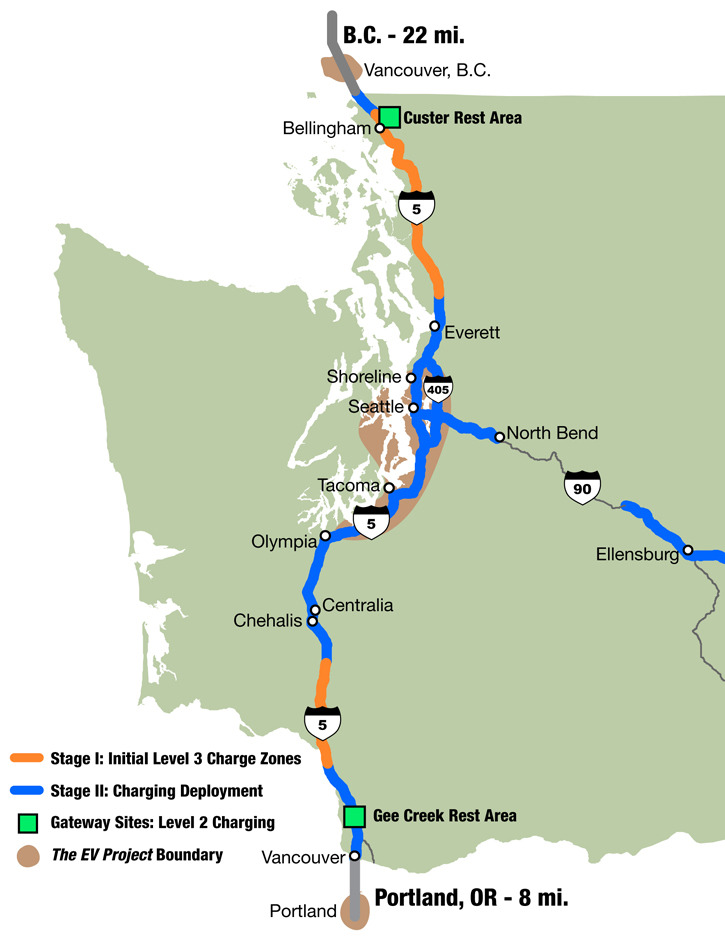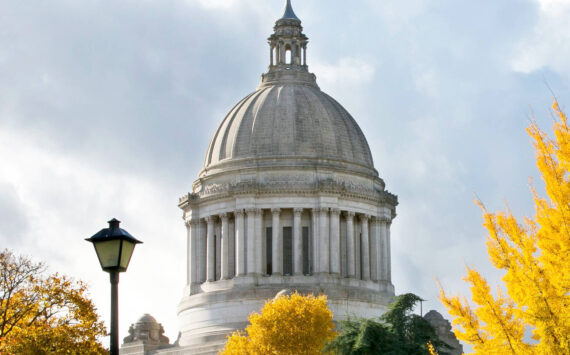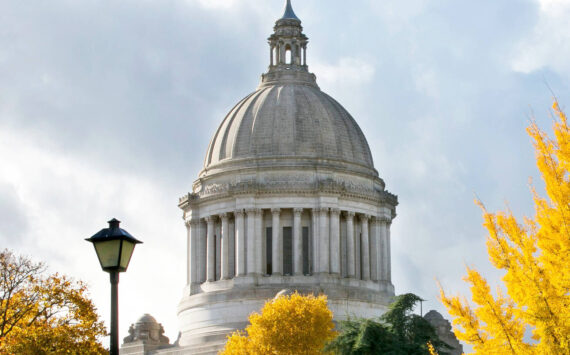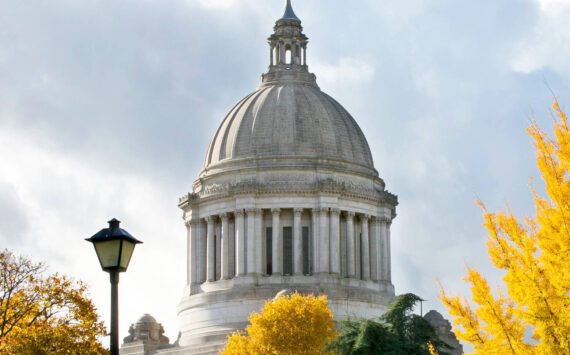Gov. Chris Gregoire announced Monday that Washington’s electric vehicle infrastructure efforts are getting a boost from $1.32 million in Federal Recovery Act funding. Washington State’s transportation and commerce departments are teaming up to implement the nation’s first “electric highway,” an initial network of public access electric vehicle (EV) recharging locations along Interstate 5. Once implemented, Washington will have the first border to border highway to offer fast charge technology.
“Providing the nation’s first true electrified highway (I-5) will benefit Washingtonians and show the rest of the country how we can use innovative partnerships to solve some of our most difficult challenges like climate change and our dependence on oil,” said Gregoire.
The electric highway will support plug-in electric vehicles such as the Nissan Leaf, Ford Focus, and Chevy Volt soon rolling off the assembly lines. The infrastructure will enable electric vehicle drivers to travel the length of the state along the 276 miles of I-5 between Washington’s borders with Oregon and Canada. As many as 300,000 electric vehicles are anticipated on Washington roads during in the next 10 years.
“With millions of gallons of oil spilling into the Gulf of Mexico, the time is now to replace gas guzzlers with clean electric cars,” said Ross Macfarlane, Climate Solutions Senior Business Partnerships Advisor. “Moving to electric vehicles is also one of the fastest ways that we can cut global warming pollution. About half of Washington’s greenhouse gas emissions come from tailpipes, and electric vehicles provide one of the fastest ways to slash that pollution and move us to a more sustainable energy future.”
Funding is provided by the Department of Commerce with American Recovery and Reinvestment Act dollars being administered through the State Energy Program. This project meets State Energy Program and Recovery Act funding goals to save energy, reduce our dependence on foreign oil, invest in transportation and other infrastructure that will provide long-term economic benefits.
Washington’s “electric highway” connects Puget Sound electric vehicle drivers with Portland and other west coast communities participating in the EV Project, a $230 million project to deploy a total of 4,700 electric vehicles and nearly 15,000 charge stations in five states (Oregon, Washington, California, Arizona and Tennessee) and the District of Columbia. The state will partner with private companies to install fast charging infrastructure in critical charging zones in unserved locations along major interstates. The first charging sites will be placed along I-5 north of Everett and south of Centralia. The work on I-5 will be complemented with deployments along I-90 to include Central Washington.
“I-5, one of our busiest highways and the backbone of Western Washington’s economy, is a natural place to showcase transportation electrification,” said Paula Hammond, Washington Transportation Secretary. “This innovative project will keep people and business moving toward a clean transportation future.”
“The I-5 project is an important step toward market adoption of electric vehicles in our region,” said Commerce Director Rogers Weed. “The transition to clean energy will have a big impact on Washington’s future economic growth. The electric highway offers significant new business opportunities, attracting automakers and clean technology industries that are looking to locate or expand in an EV-ready state.”
This “electric highway” project supports the state’s efforts on the West Coast Green Highway, a tri-state initiative to promote the use of cleaner fuels along the 1,350 miles of I-5 from British Columbia to Baja California. Washington’s network of electric vehicle charging infrastructure could jump start the development of a regional EV network spreading across the entire length of I-5 connecting three states and three countries and serving the two million electric vehicles anticipated on the west coast. In February, Governor Gregoire signed an action plan with leaders from Oregon, California, and British Columbia to establish I-5 as a green highway by building infrastructure for alternative fuels and electric vehicle charging.
For more information on the Electric Highways project, visit wsdot.wa.gov/Partners/GreenHighways/electric_highways.htm.







